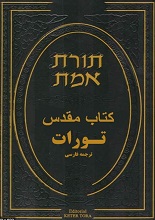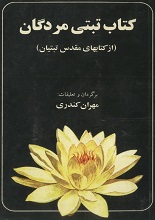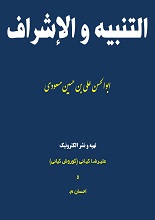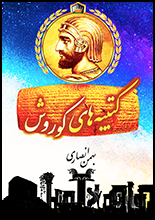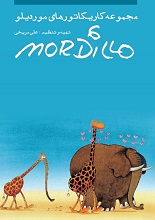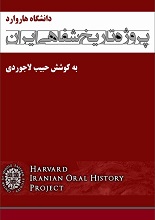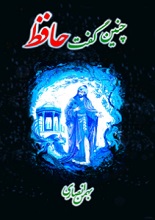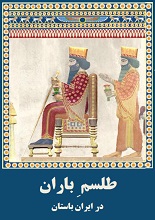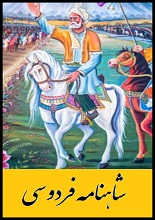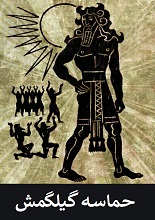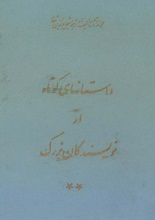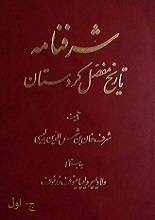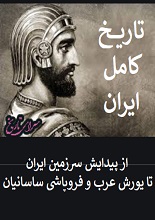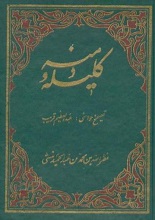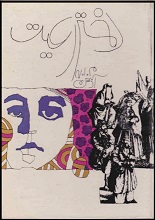Cyropaedia (or Cyropedia), a biographical part of the story of Cyrus the Great, the founder of the Achaemenid Empire of Iran. This book was written around 370 BC by Xenophon, an Athenian soldier, historian and student of Socrates. The Latin title Cyropaedia is derived from the Greek word Kúrou payeía meaning “teaching of Cyrus”.
book introduction of Cyropaedia
In ancient times, Cyropaedia has always been the focus of all scientists, politicians, philosophers and historians. Polybius, Cicero, Tacitus, Dionysius Halicarnassus, Quentilian, Ulus Zelius, and Longinus thought much about Xenophon and his works.
Classical writers believed that he composed Cyropaedia in response to Plato’s Republic, or vice versa, and that Plato’s laws seem to refer to Cyropaedia. History has shown that Scipio Aemilianus always carried a copy of this fascinating book with him. The book was also a favorite of Alexander the Great and Julius Caesar.
Cyropaedia is basically about the kind of just government. It has been interpreted as a novel, biography and early expression of leadership. The aim of this work is to convey political and moral teachings to its audience, most of whom were Athenian elites.
Review of this book
Cyropaedia came to be regarded in late medieval Europe as a piece about political virtue and social organization. This book influenced the fate of Europe and was used by many philosophers and Renaissance leaders. Cyropaedia was still widely read in the early modern and Enlightenment.
Many modern writers, including Machiavelli, Montaigne, Montesquieu, Rousseau, Bacon, Jonathan Swift, Bowlingbrook, Shaftesbury, Edward Gibbon, and Benjamin Franklin, often used the book to emulate ancient Greek literature as well as the ideal example of government.
In the late twentieth and early twenty-first centuries, Xenophon’s work was further studied and respected. Some scholars today argue that the original historical events of Cyropaedia are more authentic than those described in the history of Herodotus, and the debate over the relevance and historical accuracy of this work continues.
From the text of the book
So the day ended, and they supped and went to rest. But early the next morning all the allies flocked to Cyaxares’ gates, and while Cyaxares dressed and adorned himself, hearing that a great multitude were waiting, Cyrus gave audience to the suitors his own friends had brought.
First came the Cadousians, imploring him to stay, and then the Hyrcanians, and after them the Sakians, and then some one presented Gobryas, and Hystaspas brought in Gadatas the eunuch, whose entreaty was still the same. At that Cyrus, who knew already that for many a day Gadatas had been half-dead with fear lest the army should be disbanded, laughed outright and said, “Ah, Gadatas, you cannot conceal it: you have been bribed by my friend Hystaspas to take this view.”
But Gadatas lifted up his hands to heaven and swore most solemnly that Hystaspas had not influenced him. “Nay,” said he, “it is because I know myself that, if you depart, I am ruined utterly. And therefore it was that I took it upon me to speak with Hystaspas myself, and ask him if he knew what was in your mind about the disbanding of the army.” And Cyrus said, “It would be unjust then, I suppose, to lay the blame on Hystaspas.” “Yes, Cyrus, most unjust,” said Hystaspas, “for I only said to Gadatas that it would be impossible for you to carry on the campaign, as your father wanted you home, and had sent for you.” “What?” cried Cyrus, “you dared to let that be known whether I wished it or not?”
“Certainly I did,” he answered, “for I can see that you are mad to be home in Persia, the cynosure of every eye, telling your father how you wrought this and accomplished that.”
Download free Cyropaedia books
We recommend downloading the book Cyropaedia to the lovers of books on the history of ancient Iran and the history of the ancient world.
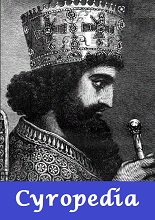
پیشنهاد کافهکتاب:
برای دانلود این کتاب، ابتدا باید عضو سایت بشوید.
پس از عضویت، لینک دانلود این کتاب و همهی کتابهای سایت برای شما فعال میشوند.
(قبلا عضو شدهاید؟ وارد شوید)


